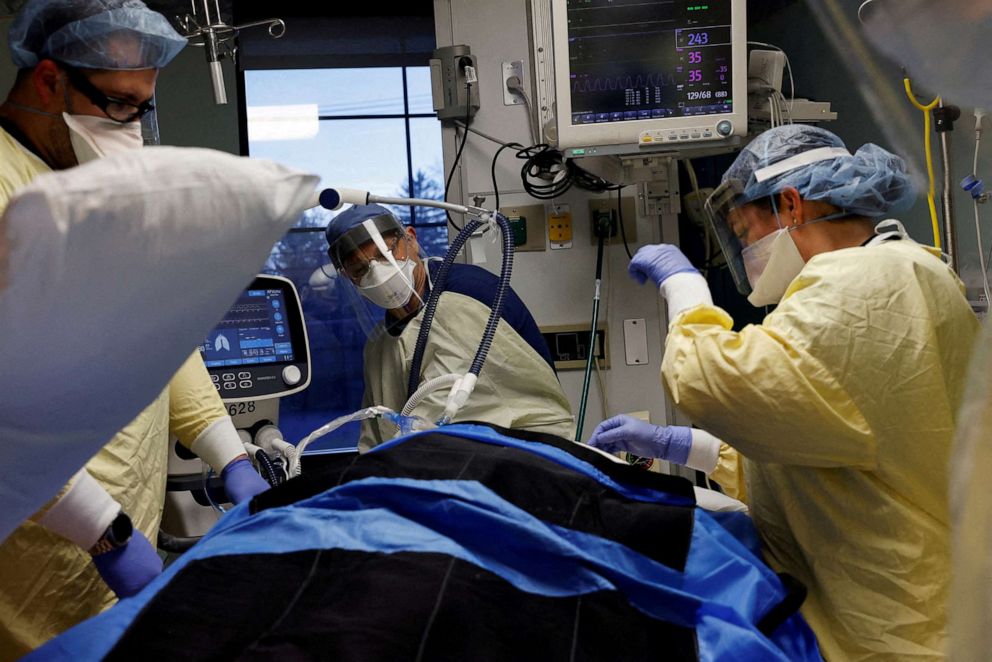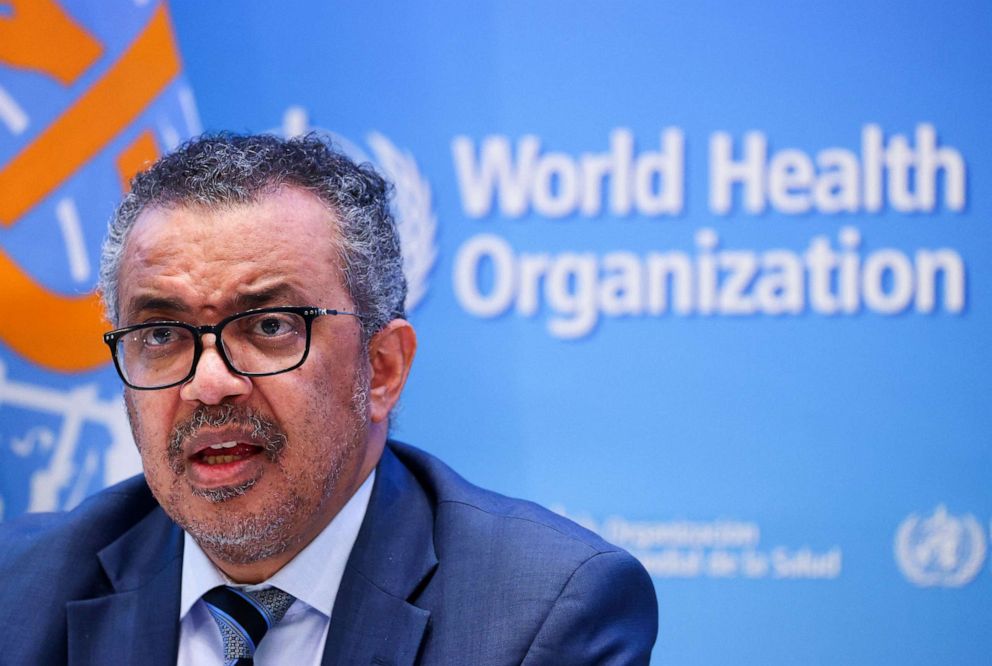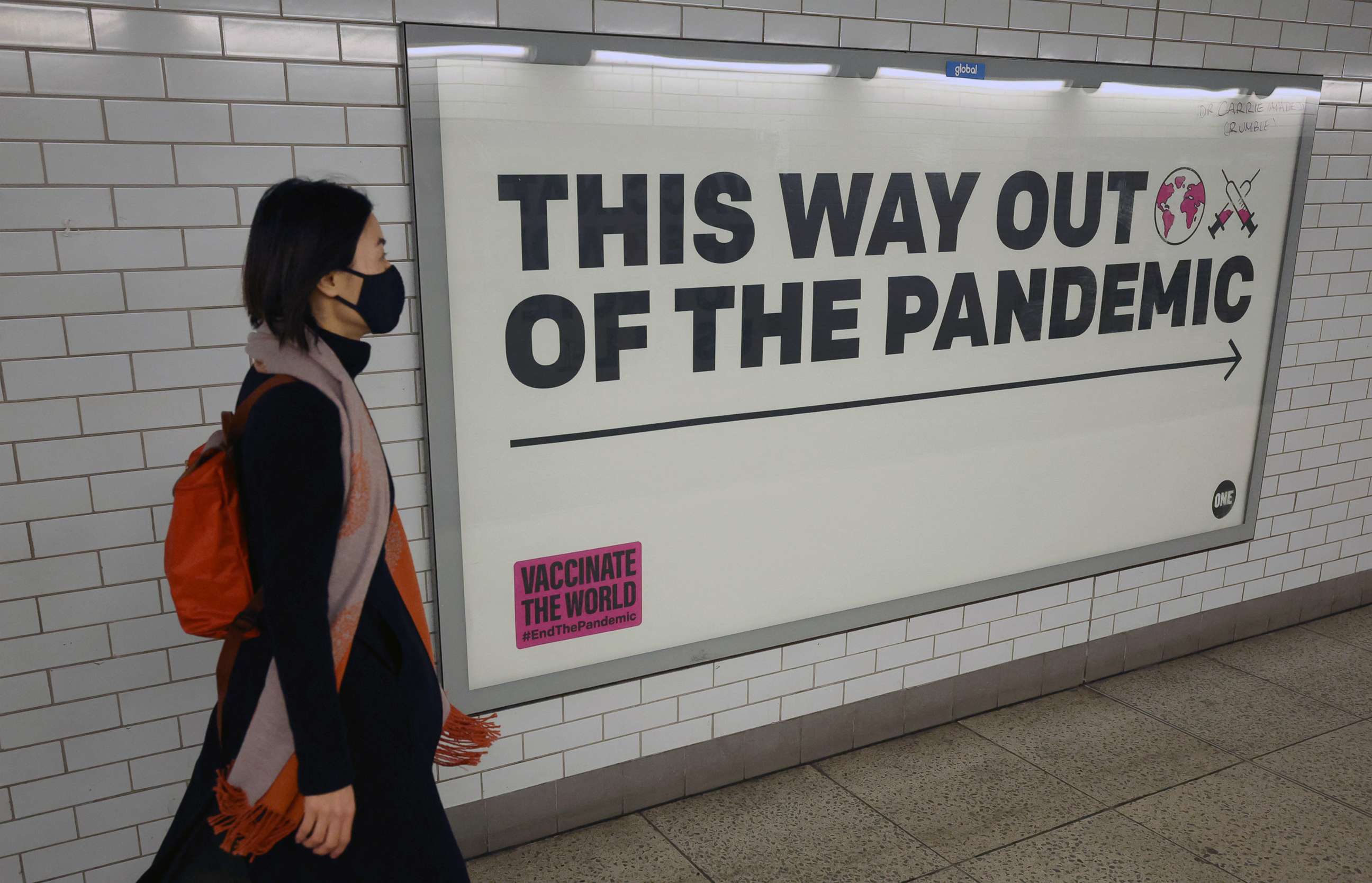31 states report plateauing or decreasing new case rates
Following weeks of increasing infections, COVID-19 deaths in the U.S. are rising. The nation is now reporting nearly 2,000 new COVID-19-related deaths per day -- up by 30% in the last two weeks, according to federal data.
But there's continued evidence that the nation's most recent surge may be receding in many regions. Thirty-one states as well as Washington, D.C., and Puerto Rico are now reporting decreasing or plateauing new case averages, according to federal data.
The only states with an increase in new cases are: Alabama, Alaska, Arizona, Hawaii, Idaho, Kentucky, Missouri, New Mexico, North Carolina, North Dakota, Nebraska, Ohio, Oklahoma, Tennessee, Utah, Vermont, West Virginia, Wisconsin and Wyoming.

Nationwide, the U.S. is reporting an average of 716,000 new cases per day, down by about 10% in the last week.
However, case levels in the U.S. remain incredibly high. In the last seven days, the U.S. reported more than 5 million new cases. Only 1% of U.S. counties aren't reporting high transmission, according to federal data.
-ABC News' Arielle Mitropoulos








